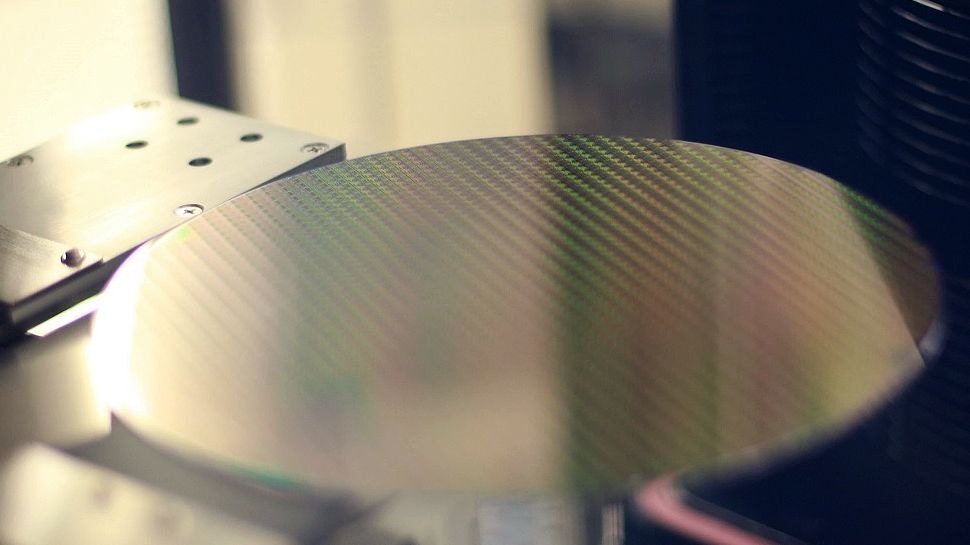lol, no shit.
We just watched Russia circumvent sanctions post Ukraine invasion. Why would anyone think China would be less capable than Russia.
They will be twice as good if the government is involved.
Indie endevours maybe not so much.
Arrest and massively fine the owners and leaders of the companies doing it and it will stop. But no, slaps on the wrist or nothing at all for them.
It also ends up in Russia… there are vendors who in Russia who sell M3 MacBooks like it’s not even under an embargo
gasp
I’m shocked
This is the best summary I could come up with:
Although the U.S. government has imposed extensive restrictions against the Chinese high-tech industry in a bid to prevent the latter from obtaining advanced chips and wafer fab equipment (WFE) made by American companies, Chinese entities can still get what they need using various loopholes, a report from the U.S.-China Economic and Security Review Commission has revealed.
The China export rules imposed last year require U.S. companies and individuals to secure licenses for selling equipment and technologies used in producing non-planar transistor logic chips on 14nm/16nm nodes and smaller, 3D NAND with 128 layers or more, and DRAM memory chips with a half-pitch of 18nm or less.
“With BIS using a 14nm restriction limit, importers are often able to purchase the equipment if they claim it is being used on an older production line, and with limited capacity for end-use inspections it is difficult to verify the equipment is not being used to produce more advanced chips,” the report reads.
For example, it shows how Chinese chipmakers are acquiring tools for producing chips that are only marginally behind the target technology nodes, bypassing the intent of the bans.
Another way Chinese companies have managed to continue producing advanced chips is by procuring tools from countries other than the U.S., before sales were restricted.
Perhaps the best example of how Chinese companies have been evading U.S. sanctions is Semiconductor Manufacturing International Co.'s high-volume production of the advanced Huawei HiSilicon Kirin 9000S application processor using its 2nd Generation 7nm process technology.
The original article contains 422 words, the summary contains 241 words. Saved 43%. I’m a bot and I’m open source!
Banning such technology is a futile effort anyway. Might as well be banning science!






